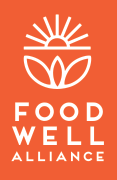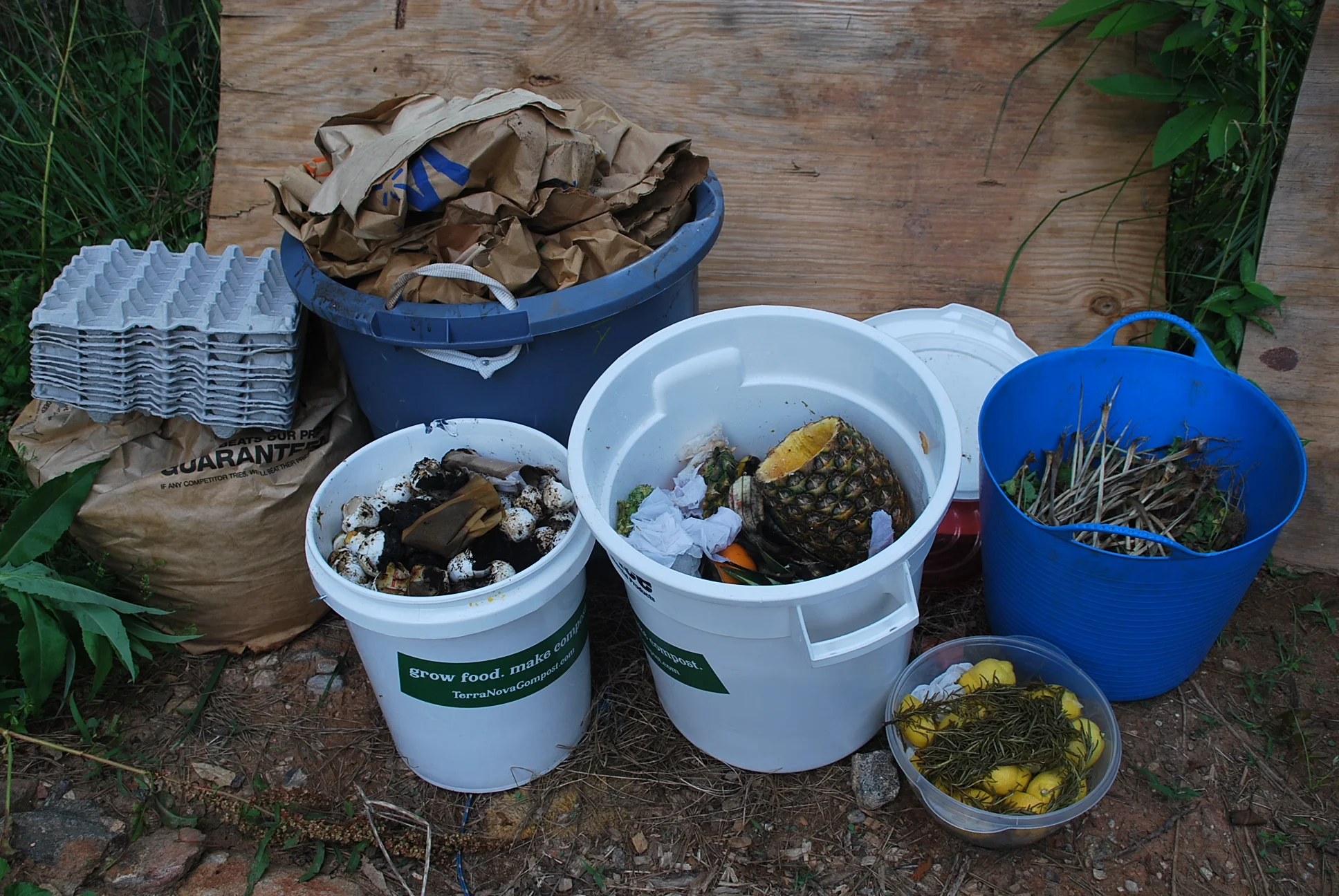Soils are the foundation for food production, and composting is a great way to build up the health of your soil while also diverting waste from the landfill. The Healthy Soil, Healthy Community Initiative team curated the list of resources below to connect you to local organizations, technical assistance, and helpful information on composting and soil-building. Created in 2015 by our partner organizations to support gardeners, this 20-page primer on soil and composting is available to view or download through the button below.
Local Resources, Classes, Workshops, and Technical Assistance
These Metro Atlanta organizations have a wealth of resources on composting and soil building. They may offer classes and workshops, provide technical assistance and site visits, or be able to answer your specific questions. Visit their websites for the most up-to-date information.
UGA Extension: Ask an Expert
Anyone can ask a community garden question online and the questions are routed to the nearest UGA Extension Agent to respond back to the client. This is a free troubleshooting service. Try it out here.
Compost Resources
There are many methods to compost, whether you have wide open space or have a small plot in the city! The right kind of compost system depends on how often you will manage your compost pile, how close your neighbors are, and how much space you have available.
In Georgia, composting is regulated based on where the materials (feedstocks) are coming from and how much compost you are producing. Backyard, community garden, and school gardens are generally exempt from state regulations. Be sure to follow best practices on safe composting, and also check with your local municipalities’ guidelines.
Turner Environmental Law Clinic has produced a fact sheet to help explain the regulations and best practices for small-scale composting in Georgia.
The Georgia Department of Community Affairs has a brochure on home composting structures, recipes, and more.
UGA Extension answers frequently asked questions about composting in this publication.
Here are instructions for building your own 3-bin system.
Geobin is an example of a commercial compost bin you can purchase. Here is a fact sheet on how to set it up, and an instructional video on how to make composting easy.
Learn more about the CDC soilSHOP.
Are you interested in using worms to help break down your compost more quickly?
The National Sustainable Agriculture Information Service has a free downloadable fact sheet that covers all of the basics of composting with worms.
This manual is set up in question and answer format in order to help you find information quickly about worm bin basics. It also has some great book recommendations
If you have the space for row composting, Georgia Organics shows you how in this informational video.
Soil Resources
The Food and Agriculture Organization of the United Nations shows how healthy soils are the basis for healthy food production in this infographic.
The Georgia Soil and Water Conservation Commission explains why the health and fertility of soil is important and how to keep your soil of high quality.
The UGA Extension Soil Test Handbook answers your soil sampling and testing questions for Georgia.
EPA provides a technical chapter on all aspects of soil science.
Symphony of the Soil (2012) is a 2-hour feature film all about how important soil is to the earth’s ecosystem, how it is threatened, and what we can do. Although it does require purchase to view, you can organize a public screening of it in your community at a discounted rate.
Best Practices for Safe Urban Gardening
Georgia Department of Public Health gives advice for gardening and farming in urban areas to protect yourselves and your families.
The EPA developed guidelines for how you can be sure you are practicing safe gardening on any plot of land.
University of Georgia Extension Services in conjunction with their lab, put together a peer reviewed publication to help community and school gardeners assess soils in urban environments.



